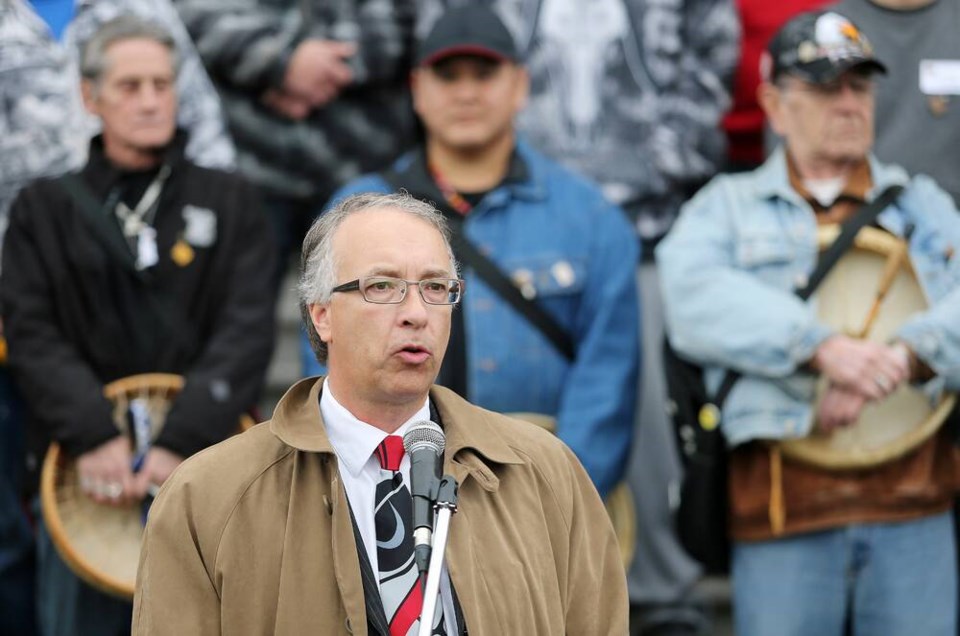Nechako Lakes MLA John Rustad is blaming the B.C. government for its failure to get forestry permits approved as the reason for the province’s latest sawmill curtailment.
On Wednesday, citing “a continuing lack of uncertainty around economical log supply,” the Sinclar Group Forest Products Ltd. announced it will permanently reduce its sawmill and planer production from two shifts to one at Nechako Lumber Co.in Vanderhoof.
The shift elimination will affect up to 60 jobs and will take effect Oct. 27.
Rustad, the leader of the Conservative Party of B.C., says forestry operations in Prince George, Houston, Chetwynd and Merritt are among many other B.C. communities suffering from uncertainty caused by government inaction.
“This BC NDP government's inability to get forestry permits done is killing well-paid union jobs, and independent jobs, all across British Columbia,” said Rustad, in a prepared statement.
“They are just not issuing permits. BC Timber Sales in not putting wood out for tenure.”
In BC, the majority of Crown land tenure rights to harvest trees is held by forestry companies, market loggers and First Nations. Roughly 20 per cent of the available wood land is held by province and can be made available for auction through B.C. Tmber Sales. But Rustad says the government is not making that land available to B.C. mills.
“A company like Nechako Lumber needs to have hundreds of thousands of metres of BC Timber Sales every year because they don’t have that license themselves,” said Rustad.
“When government isn’t issuing any timber sales the company is in dire straits, because even when you get a timber sale in place it takes a couple years to log. They are going to short wood for quite some time and I get angry about this because it doesn’t need to be this way.”
The shift elimination will affect 60 workers in Vanderhoof and will also impact twice as many workers in the woods as well as tertiary jobs in the region.
Rustad said Aspen Planers in Merritt waited two years to get permits approved to cut dead or dying trees burnt in a wildfire which have a two- to three-year shelf life before they lose their strength. The company finally got three of its permit applications approved last week.
“They’ve been scrimping, cutting back on shifts, people working part-time… the government needs to figure out that what it’s doing is not working,” said Rustad.
“I actually think this government doesn’t care about workers and they don’t care about communities, they’re only focused on the environmental push in the Lower Mainland where they think they can get votes.”
B.C. is the highest-cost forestry producer in North America due to the high cost of getting fibre. Rustad calls the stumpage system in B.C. ‘archaic’ and needs to be replaced with an end-product tax system that taxes producers on the finished products they sell.
He says the government is predominantly responsible for making it more expensive for the industry to operate and that is crippling the economy.
“That’s why Canfor hasn’t made a decision yet about the (sawmill) rebuild in Houston, the cost structure is too high to be competitive, and the government is refusing to make changes and that is really sad news for the forest sector in general,” said Rustad.
Sinclar president Greg Stewart was also critical of the province’s apparent lack of urgency to find a meaningful solution for lumber producers across the province struggling to achieve profitability.
“This shift-reduction is not an anomaly,” said Stewart. “The problems facing the forest industry in BC are significant, complex, and diverse. They require a cooperative collective response from all governments, First Nation titleholders, stakeholders, and forestry companies.”



